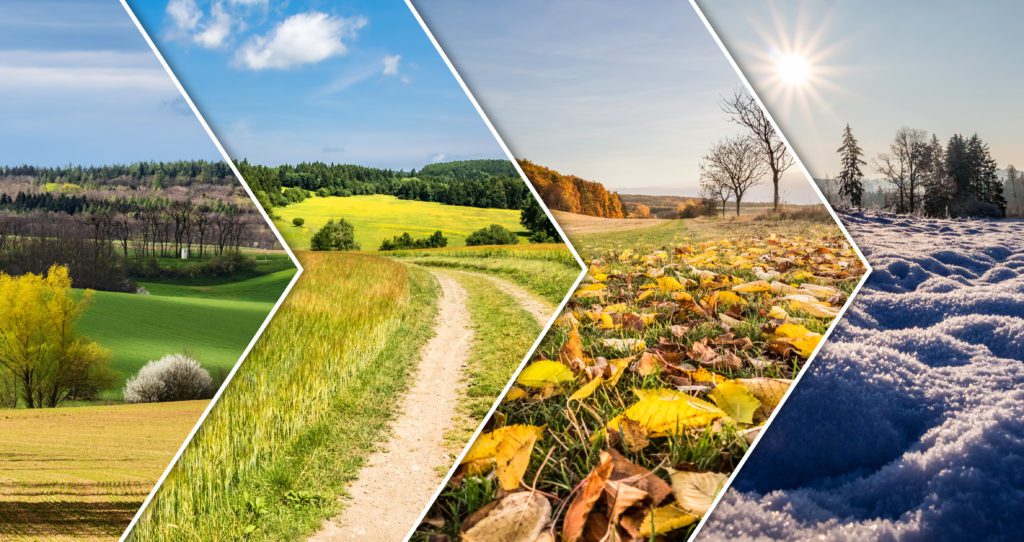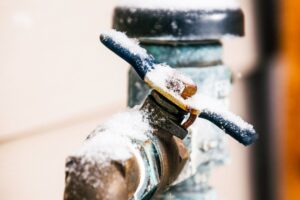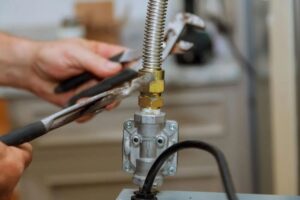As the seasons change in Birmingham, AL, homeowners must prepare their homes for the varying weather conditions. One critical aspect of home maintenance often overlooked is plumbing. Properly preparing your plumbing system for seasonal changes can help prevent costly repairs and ensure that your home remains comfortable and functional throughout the year. In this comprehensive guide, we will cover essential tips and best practices to get your plumbing ready for both the cold winters and hot summers in Birmingham.
Understanding Birmingham’s Climate
Birmingham experiences a humid subtropical climate, with hot, humid summers and mild to cool winters. While the winters are not as harsh as in northern states, temperatures can still drop below freezing, leading to potential plumbing issues such as frozen pipes. Summers, on the other hand, bring high temperatures and increased water usage, which can strain your plumbing system. Preparing your plumbing for these seasonal changes is crucial to avoid disruptions and maintain efficiency.
Winter Preparation: Protecting Your Plumbing from Freezing Temperatures
1. Insulate Pipes
One of the most effective ways to protect your plumbing during winter is by insulating exposed pipes. Pipes located in unheated areas such as basements, crawl spaces, garages, and attics are particularly vulnerable to freezing. Insulating these pipes helps maintain a consistent temperature, preventing them from freezing and bursting.
How to Insulate Pipes:
- Use foam pipe insulation sleeves or fiberglass insulation to wrap around the pipes.
- Secure the insulation with duct tape or zip ties to ensure it stays in place.
- Pay extra attention to outdoor hose bibs and faucets, as these are often overlooked but highly susceptible to freezing.
2. Seal Cracks and Gaps
Cold air can enter your home through cracks and gaps in walls, floors, and around windows and doors. These drafts can lower the temperature around your pipes, increasing the risk of freezing. Inspect your home for any openings and seal them with caulk or weatherstripping to keep the cold air out.
3. Disconnect and Drain Outdoor Hoses
Leaving garden hoses connected to outdoor faucets during winter can lead to frozen pipes. Before the first frost, disconnect and drain all outdoor hoses. Store them in a dry place until spring. Additionally, consider installing frost-proof hose bibs to provide extra protection against freezing temperatures.
4. Maintain a Consistent Indoor Temperature
Maintaining a consistent indoor temperature, even when you’re away, can help prevent pipes from freezing. Set your thermostat to at least 55°F (13°C) to ensure that your home stays warm enough to protect the plumbing system.
5. Let Faucets Drip
During extremely cold nights, allowing faucets to drip slightly can relieve pressure in the pipes and prevent them from freezing. This simple step can save you from the hassle and expense of dealing with burst pipes.
Spring and Summer Preparation: Handling Increased Water Usage and Heat
1. Check for Leaks
Spring is an ideal time to inspect your plumbing system for any leaks that may have developed over the winter. Look for signs of water damage, mold, or mildew around pipes, faucets, and fixtures. Addressing leaks early can prevent further damage and save water during the hotter months. Experts like Stephens Plumbing can assist in identifying and repairing these issues.
2. Clean Gutters and Downspouts
Clogged gutters and downspouts can lead to water accumulation around your home’s foundation, increasing the risk of basement flooding and water damage. Clean out any debris from gutters and ensure that downspouts direct water away from your home. This practice is especially important during the rainy spring season.
3. Inspect Your Water Heater
With increased hot water usage during summer for showers, laundry, and dishwashing, it’s essential to ensure that your water heater is in good working condition. Flush the water heater to remove sediment buildup, which can affect its efficiency. If your water heater is more than 10 years old, consider replacing it with a newer, energy-efficient model.
4. Install Water-Saving Fixtures
To handle the higher water demand during summer, consider installing water-saving fixtures such as low-flow showerheads, faucets, and toilets. These fixtures reduce water consumption without compromising performance, helping you conserve water and lower utility bills.
5. Check Sprinkler Systems
If you have an irrigation system for your lawn or garden, inspect it for leaks, broken sprinkler heads, and proper alignment. A well-maintained sprinkler system ensures efficient water usage and keeps your landscape healthy during the hot summer months.
Year-Round Maintenance: Ensuring Your Plumbing Stays in Top Shape
1. Schedule Regular Inspections
Regular plumbing inspections by professional plumbers in Birmingham, AL can identify potential issues before they become major problems. Consider scheduling annual inspections to keep your plumbing system in optimal condition.
2. Be Mindful of What You Flush
Avoid flushing items that can cause clogs, such as wipes, feminine hygiene products, and paper towels. Educate your household members about proper disposal practices to prevent plumbing problems.
3. Use Drain Strainers
Install drain strainers in sinks, showers, and tubs to catch hair, food particles, and other debris that can cause clogs. Regularly clean the strainers to ensure proper drainage.
4. Know the Location of Your Main Water Shutoff Valve
In case of a plumbing emergency, knowing the location of your main water shutoff valve can save you from significant water damage. Ensure that all household members are aware of its location and how to shut it off.
5. Keep an Emergency Kit Handy
Prepare a plumbing emergency kit with essential tools such as a plunger, pipe wrench, plumber’s tape, and a bucket. Having these tools readily available can help you address minor plumbing issues quickly.
Conclusion
Preparing your plumbing for seasonal changes in Birmingham, AL, involves taking proactive steps to protect your system from freezing temperatures in winter and increased water usage in summer. By insulating pipes, sealing gaps, checking for leaks, and performing regular maintenance, you can ensure that your plumbing remains efficient and reliable year-round. Remember, preventive measures can save you from costly repairs and provide peace of mind, knowing that your home is well-prepared for any weather conditions.
For those times when you need professional assistance, it’s comforting to know that emergency plumbing in Birmingham, AL is just a call away. Companies like Stephens Plumbing offer prompt and reliable services to address urgent plumbing issues swiftly.
Taking the time to address these essential tasks will help you enjoy a worry-free and comfortable living environment in Birmingham, regardless of the season. Stay proactive, and your plumbing system will serve you well for years to come.



